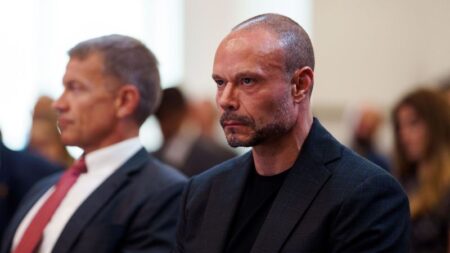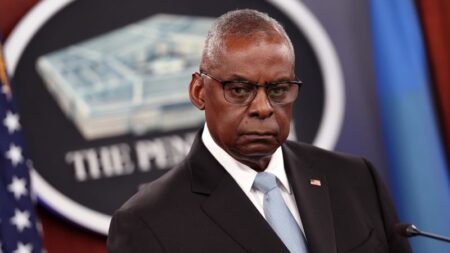**Unite Suspends Angela Rayner’s Membership Amid Bin Strikes Controversy**
In a significant development recently, the Unite union has officially suspended Angela Rayner from its membership amidst an escalating conflict concerning the ongoing bin strikes in Birmingham. This decision signals deeper issues within the union’s leadership and its relationship with the Labour Party, highlighting significant tensions that could have a substantial impact on broader labor relations in the UK.
The announcement regarding Rayner’s suspension follows a series of internal discussions and an emergency motion that was brought forth during Unite’s conference in Brighton. The union is now undertaking a thorough reassessment of its ties with the Labour Party, bringing to the fore fundamental questions about the alignment of objectives between key figures within the Labour government and union leadership. As the deputy prime minister, Rayner has publicly encouraged striking workers to consider a settlement proposal put forward by the Labour-led city council—a move that appears to have aggravated divisions within the union.
Since the commencement of the bin strikes in January, Birmingham has been grappling with significant waste management issues, leading to unsightly piles of rubbish accumulating across the city. The workers’ industrial action escalated into an all-out strike by March, prompting urgent calls for resolution from various stakeholders, including residents fed up with the state of their neighborhoods. Unite’s intervention and its leadership are now facing scrutiny, especially given its historical role as a primary benefactor to the Labour Party, where it has often donated substantial sums to support party activities and candidates.
Angela Rayner’s association with the union has been longstanding, and her suspension from such a pivotal union raises questions about the future of her political career and the dynamics of the Labour leadership. The move by Unite could reflect broader discontent within the union regarding the handling of labor disputes and the extent to which party leadership is interfering in worker rights and union activities.
Furthermore, this incident indicates a potential fracture between key political allies as union leadership seeks to navigate the complex interplay of governance and grassroots worker advocacy. The current strikes are emblematic of wider issues facing labor unions in the UK, especially in the wake of austerity measures and funding cutbacks that have put additional pressure on public sector workers. There is a growing sense of urgency among unions to assert their rights while ensuring that political allies within government do not undermine their objectives.
For the Labour Party, Unite’s suspension of Rayner could raise alarms about supporter loyalty and affect future electoral strategies. Given that Unite has historically been one of the Labour Party’s most significant financial backers, any cooling of relations could pose challenges, especially if union members feel inadequately represented in leadership decisions or policy directions.
The ramifications of this decision are still unfolding, but it appears to be a critical moment not only for Angela Rayner but also for the strategic direction of the Labour Party and the influence of labor unions within UK politics. As Birmingham continues to navigate these bin strikes, the stakes are higher than ever for ceasefires in disputes that shape the futures of both the political landscape and the rights of working individuals across the country.











